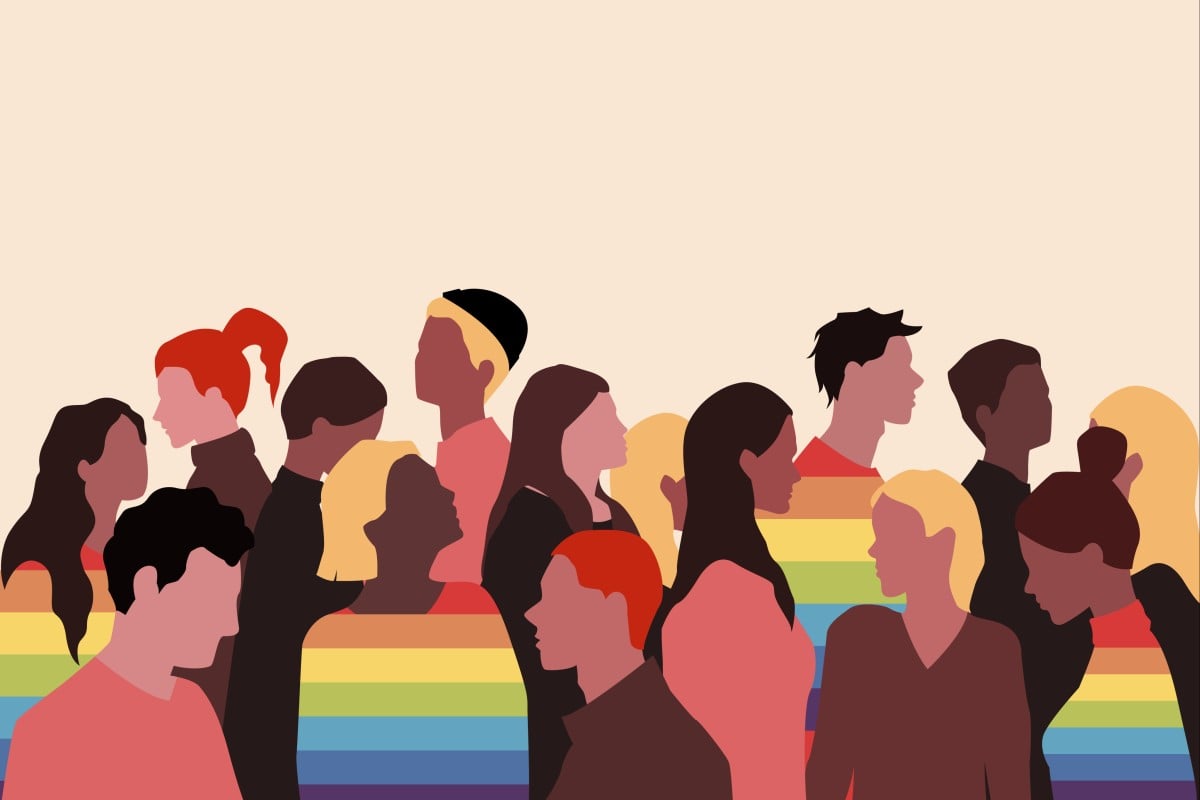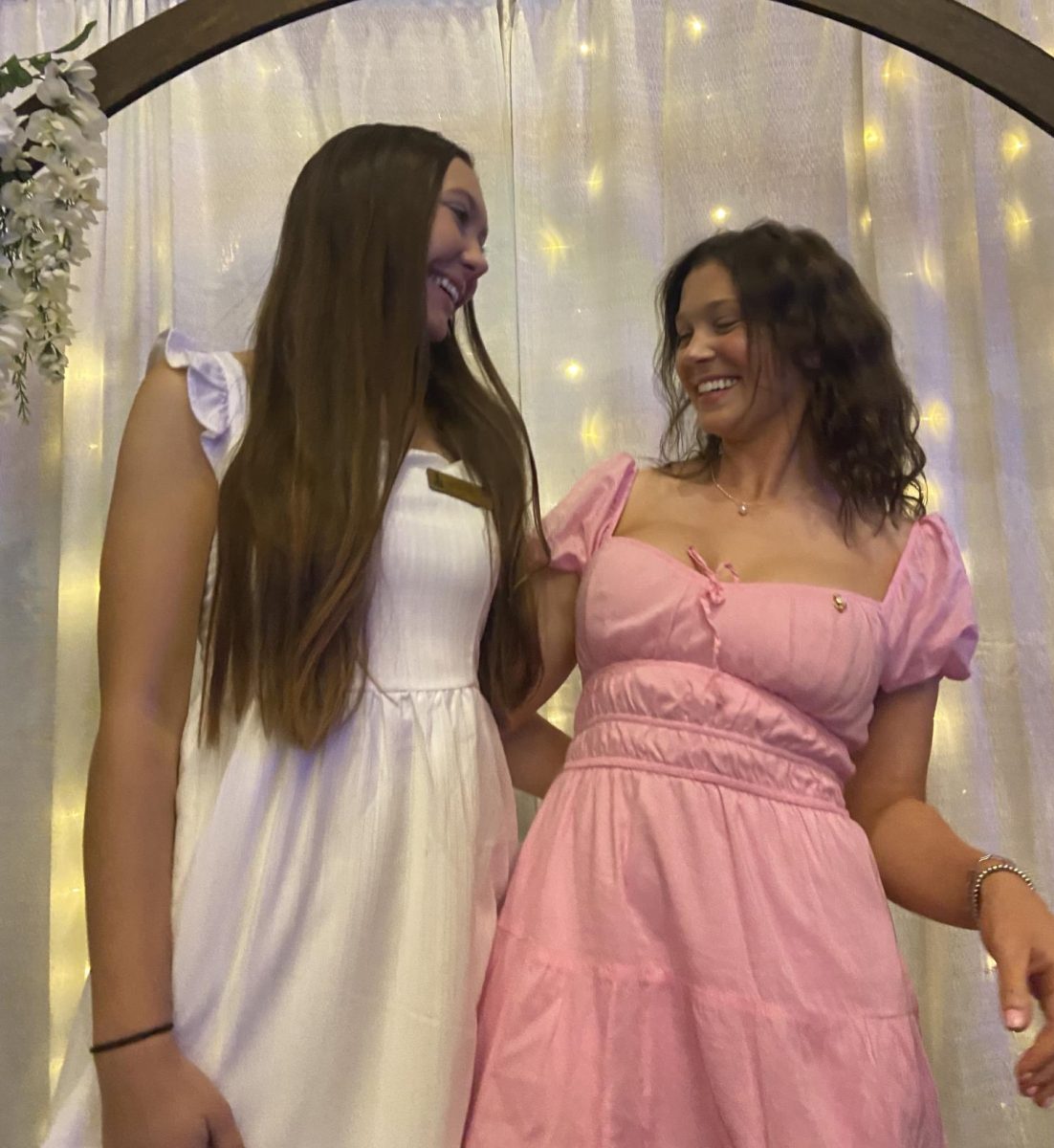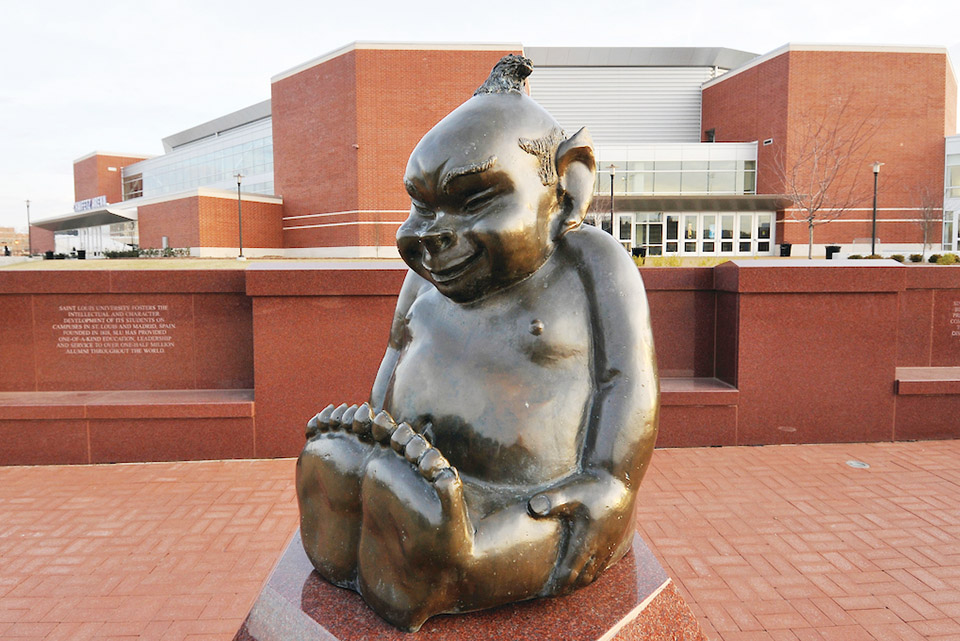“Daniela?” he says holding our passports, one on top of the other. “That’s me,” I say. He pulls my passport up into the air and studies it. “How old are you?”
“I’m 19.”
“When is your birthday?”
“March 7th, 1991.”
“Are you sure?” His face is stone, no emotion; it’s not a joke.
“I’m positive.”
“Who is she?” he says pointing at my mom in the driver’s seat.
“That’s my mom.”
“Are you sure?” I pause, not because I’m questioning myself, but I don’t understand, is that a valid question? Of course I’m sure.
“Yes, that’s my mom.”
He gives my passport one last look before handing them back. “Have a nice day,” and with a swish of his hand, we’re allowed back into the land of the free.
My hair is brown, my eyes are hazel and my skin is light.
I am not your stereotypical-looking Latina. English in school and Spanish at home has made me fluent in both languages, no accent.
I am an American citizen, yet I’ve lived with questioning sessions like the one above my whole life.
I know what it is to have been asked so many questions that you begin to question yourself, even though you know you’re telling the truth.
I watched the US-Mexico border wall go up, and now I’m forced to watch as an excess of power and intolerance bring out the Arizona immigration law.
Tangible symbols of this immigration war.
The Arizona immigration law is an excuse to racially profile legally, to question, and to threaten immigrants. Both the border wall and the AZ Law are intimidation tactics that have no long-term benefits.
History has taught us that physical walls will do little to stop anyone in search of a better life, a better world.
Immigrants, from anywhere and everywhere, who battle through hunger, through extreme heat and extreme cold, and most importantly, through leaving their families, their jobs, an entire life to work their way up to what they’ve always dreamed of, will not be stopped with a wall.
It’s irrational to think otherwise.
When did we become a country that focused more on intimidation and wars and less on freedom and equal opportunity?
Ever since I can remember, my grandma has always pointed out how “lucky” I am to have light skin and colored eyes – how lucky I am, not to fit in into the culture I so deeply love and appreciate.
In a country where we are taught constantly that we should stand out from the rest through our talents, a superior higher education, and a broader sense of the world, why then does it insist in boxing us in?
If we are meant to stand out, why is our light clouded by the background that made us so unique?
Why do we silence those that could teach us more than what we know?
What ever happened to “Love thy neighbor?”
Of course, in no way am I condoning illegal immigration. To forget that it is a major problem in the U.S. would be naïve, but this is not just a political issue. Neither is it one of tolerance. Tolerance is not enough.
Immigration has become an intimidation game of who gives up first.
If you had to check a box, which one would you check: tolerant, understanding, apathetic or progressive?
It’s our country, it’s our world, but most importantly, it’s our future.
You choose.
Daniela Mondragon is a sophomore in the College of Arts and Sciences.













